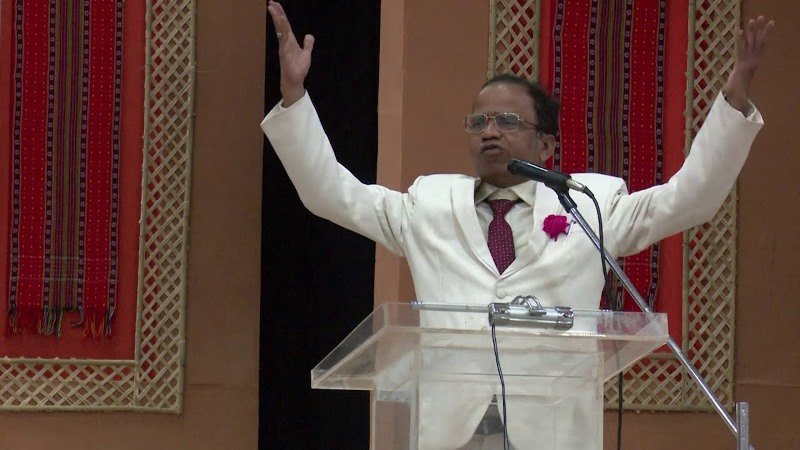The theoretical construct of the nation as a collectivity with shared cultural history and memory cannot be accepted without contestation in reference to India where challenges such as diversity of faiths and cultural practices pose serious challenges to the integrity and uniformity of the nation as a homogenous entity. The devastating implicationsof nationalism determined and dictated by distinct political ambitions have weakened the secular fabric of Indian social structure which claimed to stand on people’s democracy and welfare.It would not be incorrect to say that nationalism has served as the opium of the masses intoxicating them, and leading to a perpetual state of mindless submissiveness and lack of reflexive criticality. It is needless to add that seduced by the meta narrative of nationalism one loses one’s own creative agency, and becomes a faceless component of the mindless mob without any distinctive character. This dullness of being has corrupted the very basis of India as a nation, making it hollow and empty. I must admit that at times this debate takes us to a barren land without an oasis. It is at this juncture that The New Leam is making an important intervention. What role must innovative pedagogy accompanied by culture and politics play in rethinking the theme of nationalism in our times? It is with this crucial concern in mind that we bring to you this special issue of the New Leam; we look at the question of nationalism from diverse perspectives to generate a dialogic space where we collectively engage with the theme and reflect upon them. The articles we have chosen with great care represent diverse perspectives— from an article on Iqbal’s vision of India to a piece on Hindi literary sphere as a mode of resistance; from a pluralistic idea of a nation consisting of diverse histories to a piece on visualizing creative pedagogy as the ultimate resistance. Moreover, there is a wide range of thematic concerns—like the way a couple of sensitive mothers are engaging with their children and visualizing the nation— that this issue brings to light. What adds to a pleasurable reading experience is our section on visual anthropology through which we present the medium of photography as a powerful social commentary. This special issue, I believe, will prove to be an important intervention in articulating the various shades of nation, nationality, nationalism and educational/cultural discourses. With this hope in mind I wish our readers too would reflect on the dialogic space that we have generated.
– Vikash Sharma














